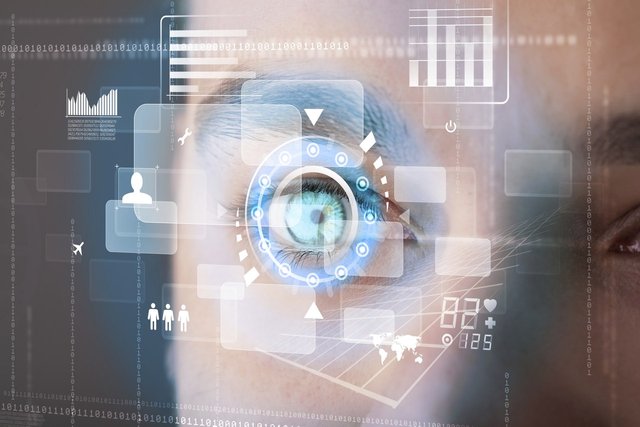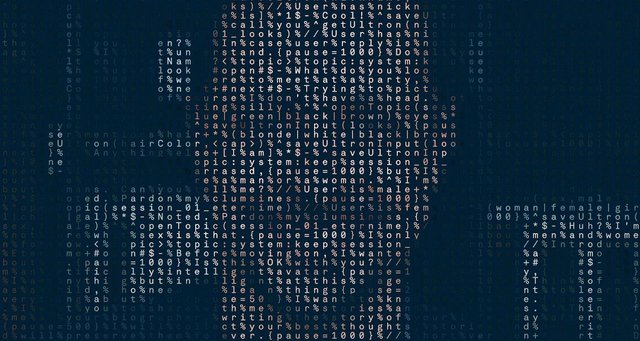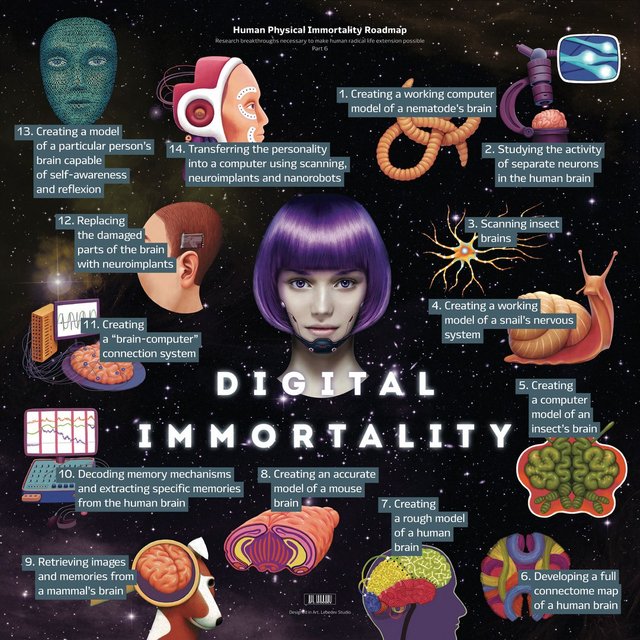
Information society is evolving and developing towards the rethinking of theological and philosophical conceptions that humanity has already created. The term “soul” was used for identification of certain individuals in different parts of our world and different cultures. Now this problem is one of the most important problems. There is a conception that human consciousness can be presented in digital form. Of course now we don’t have such opportunity to realize it, but science is developing very fast. Just imagine: such things was just in a science fiction, but now we are closer and closer to make it real. Let’s talk about it from the philosophical point of view.

An empirical “self” has a memory, which allows it to identify itself as «I am me». If a man lost his memory completely, the process of self-identification will become impossible. That is why the scientists want to understand what the consciousness is and find it in the neural cells of human brain. If it is true, we can simply determine any human as a biological computer, where the brain is hardware and the consciousness is software. American neurobiologist John Lilly wrote in his books that there is no such computer in our world, that can surpass human brain, and he is absolutely right. In spite of reductionist nature of these ideas, this analogy do not seem so mad and absurd.

If to imagine a consciousness as an information, it can be theoretically scanned, digitized and copied to another digital media, and we will have “multiplied self” as a result. We can also imagine such processes like transfer and deletion of a consciousness. Then we could raise the question of artificial immortality. I think sometimes neurobiologists can answer the question of location of brain areas which are responsible for human identity. However, there is two big problems: 1) Can we transfer the consciousness or just create a copy of it? 2) Is there an opportunity of identity loss? Humanity has already tried to answer this questions through numerous philosophical thinkings in films, books and other products of culture. But only the science has the last word.
There are many ways to reach physical immortality, but digital immortality seems to be the most intriguing and radical. We already have different technologies of virtual reality, and they are developing extremely fast. Nobody can predict how far we can go. Obviously, this kind of problems can cause many religious and political disputes, but only time can give us the answers to our assumptions and anxiety.




